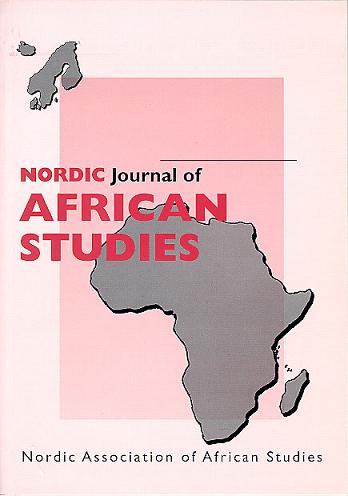
Published 2006-12-31
How to Cite
Abstract
This paper examines the pragmatic utility of a closed class of ostensibly bland and trivial expressions (referred to here as Response-Comment Elements – RCEs) in Yorùbá conversational discourse. These expressions have the dual role of commenting on ongoing talk and signalling its direction. The paper compares RCEs with English discourse markers and submits that like discourse markers, RCEs have discourse/contextual rather than semantic meaning, but unlike discourse markers, RCEs are produced (not by the current speaker) but by the other participant(s) in the ongoing conversation.
The paper’s general standpoint is twofold: i) that RCEs encode the producer’s disposition or attitude to the aspect of conversational discourse that they follow; and ii) that they signify to the addressee, the producer’s judgements about the validity or acceptability of the addressee’s contribution and/or the need for him or her to align with the RCE or to stress the linguistic element focused by the RCE.
